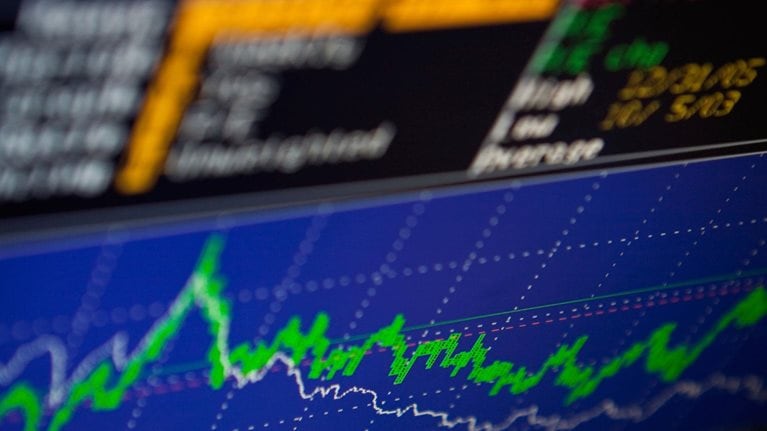McKinsey projects a growing imbalance between the amount of stocks that investors will want to hold and what companies will need to fund growth.
One overlooked lesson of the financial crisis is the value of vibrant equity markets. Certainly listed shares fell sharply in 2008 and 2009, but equities admirably fulfilled their role as the economy's shock absorber. While companies that relied mostly on debt faced massive liquidity problems, those with a healthy balance of equity and debt remained resilient. And once the recovery gains momentum, equity markets—not banks or debt markets—will provide the risk capital needed by the high-growth companies that create new jobs and lift gross domestic product.
So, at a time when the world needs to maximize growth and shed debt, the barriers we place in the path of equity are perverse. In developed economies, tax policy continues to reward corporate borrowing, implicitly penalizing equity, and standards for measuring corporate performance encourage maximizing earnings per share through buybacks and increased borrowing.
In the US, regulatory compliance for listing on an exchange can be so costly and burdensome that even some large public companies consider going private. And in many emerging markets, exchanges do not offer the protections and transparency that entice long-term investors. Nor do these nations have well-developed institutional investors (insurance, mutual fund and pension industries).
Now equities face an even greater challenge: structural changes that would greatly reduce investor demand for listed shares and diminish the role of equity in global capital markets. The most important of these changes is the shift of the world's financial wealth toward investors in developing economies who put most of their money in the bank and very little into equities. By the end of the decade, by our estimates, these investors will own a third or more of global financial assets. Meanwhile, aging and other factors will curb demand for shares among investors in developed countries, who hold 90% of the world's equities today.
The result, we project, is a growing imbalance between the amount of equities that investors will want to hold and what companies will need to fund growth. This "equity gap" could reach $12.3 trillion by 2020 in our analysis and would be largest in emerging markets, where high-growth companies need significant external financing and where investor appetite for shares is lowest. The imbalance would also appear in many European countries, where demand for shares has been falling over the past decade and where need for equity will rise, particularly among banks that must meet higher capital requirements under new regulations.
An equity gap would signify the reversal of the historic ascent of public stock markets as a means of funding growth and building wealth. Equities have helped bring forth major companies and entire industry sectors. They have helped disperse ownership—and risk—from insiders to many shareholders.
Equities have also allowed ordinary investors to accumulate wealth by generating higher returns than are available from bonds or deposits, helping them reach financial goals while maintaining healthy levels of consumption. The poor 10-year returns of the past few years, as painful as they have been, are statistical outliers over 130 years of history.
This is the worst possible time to further handicap equity funding and investing. The market would respond to an equity gap by raising the cost of equity to issuers, encouraging corporations to fund growth with debt or other financing means instead. This could spread the danger of too much debt to the one sector in advanced economies—nonfinancial corporations—that showed some restraint during the last credit bubble.
Corporate and government leaders need to develop new incentives and products to boost saving that will keep more money flowing into stocks. Policy makers should review tax provisions that are biased against stocks and also make sure that new regulations affecting banking, insurance and pensions don't have the unintended effect of helping move the world away from equities.
History shows that equity investing often increases along with incomes—but only if the proper institutions and safeguards are in place. That means improving transparency, strengthening protections for minority investors, and facilitating broader market access for retail investors and more rapid growth in domestic institutional investors.
A shift away from equities would create new problems for an already-fragile world economy. Fortunately, this is one problem that has announced itself well in advance and can be averted.
Mr. Roxburgh is the London-based director of the McKinsey Global Institute (MGI) and Ms. Lund is MGI's director of research, based in Washington.
Reprinted from The Wall Street Journal © 2011 Dow Jones & Company. All rights reserved.


